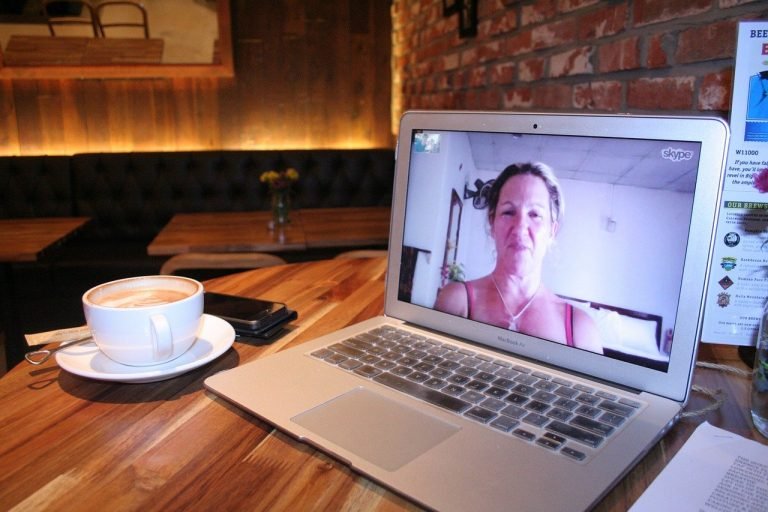Don’t Let a Phone Interview Catch You by Surprise

On the good side, you can be much better prepared. You can have your research notes in front of you, the job advertisement, your list of questions to ask, you resume, your answers to specific interview questions you may be asked, etc.
On the bad side, you can’t see the interviewer and take cues from their body language. Also, all the interviewer has to judge you by, other than your resume, is your voice. Any speaking mannerisms you may have will be magnified, so be careful of using too many “you knows” or “uh’s” or “um’s”. This will stick out like sore thumb.
I’ve interviewed many people over the years by phone and I can tell you that when all you have to concentrate on is the voice, you pick up on every little vocal mannerism and oddity on the part of the person being interviewed. I once interviewed by phone an applicant who ended almost every sentence with “you know what I mean”. It got to the point where I though I would scream if I heard it one more time. Don’t let this happen to you.
Broadly speaking, phone interviews will fall into two categories:
1. The “Screening” Phone Interview
With a “screening” type of phone interview, you may simply be asked a few general questions to verify that you do in fact meet the minimum qualifications for the job.
Typically, these are done after resumes from all applicants are reviewed and you are one of the resumes being considered for an interview. In this case, the screening interview is primarily to solidify that you are a viable candidate.
Screening interviews are frequently made unannounced, so be ready! You may answer your phone and have someone from HR ask if you “have a few minutes to answer a couple of questions.” For these, you should have your “30 second marketing message” well memorized, so you can quickly recap why you are a good candidate.
At the end of a screening interview, it’s common for the interviewer to either schedule an in-person interview with you, or perhaps a formal phone interview. This is the outcome you should seek, so be sure to ask what the next step is before you hang up.
Screening interviews are frequently done by someone in Human Resources, not the actual hiring manager. However, they are still important, because if you stumble badly you may not get an in-person interview with the hiring manager.
2. The Formal Phone Interview, Conducted by the Hiring Manager
You may actually be formally interviewed by the hiring manager by phone. These are most common for out-of-state applicants, where it’s not practical to fly the applicant in for an initial interview.
They also may be used when several people in different geographical locations need to interview an applicant. I was once interviewed by phone because people in Washington, Utah and Florida needed to be in on the interview, so they arranged a conference call with me.
You never know when you may receive a call for a phone interview, especially a screening interview, so you need to always be prepared for this contingency. That said, if it’s going to be a formal interview with the hiring manager, it will usually be scheduled with you in advance, so you’ll know when to expect it and can be prepared.
Phone Interview Tips
Here are some tips I’ve gathered, both as a hiring manager and as a job applicant.
- Stand up and walk around while you’re on a phone interview. You will automatically sound more enthusiastic and your voice will sound more powerful and confident.
- Smile! Believe it or not, it does come through in your voice.
- Have a paper and pen handy, to take notes while you are interviewing. You can use these notes when answering questions later I the interview. This will show you were attentive and listening.
- Have a copy of your resume and a copy of the job ad in front of you. This will help you answer questions about your resume in terms of the requirements in the job ad.
- Do not use a speaker phone on your end – but be aware that it’s likely the interviewer is on a speaker phone with other people in the room.
- If you know in advance when the interview will take place, be sure you are dressed properly. It will show in your voice.
- The interviewer may run out of things to say more often on a phone interview than an in-person interview, so be prepared to keep the conversation going by asking questions from the list of questions you prepared in advance and were saving for the end. Many hiring managers are not good conversationalists and they will appreciate your ability to keep the conversation moving smoothly.
- It should go without saying, but I’ll say it: don’t smoke, chew gum, eat or drink during your phone interview. The one exception is to keep glass of water handy in case your voice gets too dry.




